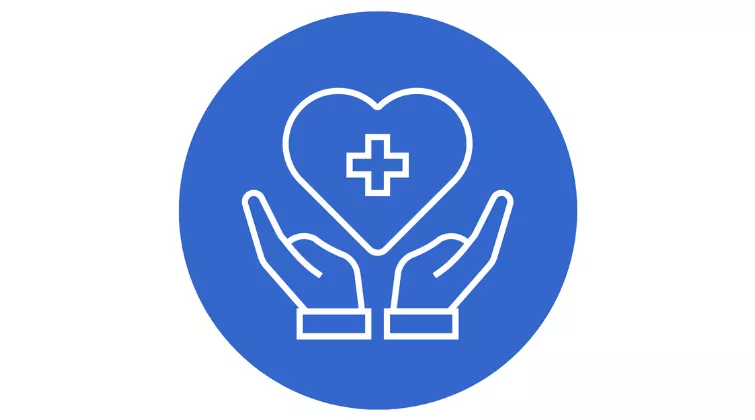
I was speaking to a friend recently, also a paediatrician. They sounded rough, clearly full of cold. “I’m on a long day tomorrow,” they said.
“Don’t go in if you’re still feeling like this,” I insisted.
“I’ll see…” they replied.
In fact, what they meant was “I’ll probably go in anyway.”
There remains an ingrained culture of presenteeism in medicine, this idea that we’ll drag ourselves into work whatever our state of physical or mental health. It’s as though our dedication is somehow measured by our physical presence. This fear of letting our colleagues down, of burdening them with more work, of appearing lazy... Guilt.
Yet the ramifications for our own wellbeing can be significant. Not only that but providing medical care whilst physically or mentally unwell can interfere with attention and concentration which in turn carries risks for patients, not to mention the possibility of transmitting diseases like respiratory illnesses to our colleagues and patients. Of course, we know all this, yet we still turn up to work.
The truth is, we do get sick, both physically and mentally, and that’s OK
From as early as medical school, there’s a myth that doctors don’t get sick, like somehow, we are superhuman. This is particularly the case when it comes to mental health, which carries an even greater stigma, a stigma that prevents people from reaching out. The truth is, we do get sick, both physically and mentally, and that’s OK. Clearly there is a line between genuine illness and playing the system, but honesty and integrity are implied here.
Addressing presenteeism is a collective effort. It requires conversations, culture shift and systems change. We need to explicitly role model what it looks like to be unwell and take a day off to recover. We need to offer colleagues the kindness and compassion we would want to receive ourselves and importantly, we need rota designs and staffing levels that can accommodate sickness.
A few years ago, I had some time off work. I received emails pleading for someone to cover my shifts. I was asked repeatedly when I would return. I felt like a burden on the service. I’d become another rota gap to fill… But there were also those who saw me as a person. Mentors and supervisors who helped me navigate the challenges of being off work, who supported me with kindness and understanding. To them, I was more than just a service provider.
Thrive Paediatrics is a RCPCH project which sees paediatricians beyond service provision. It acknowledges the many multidimensional challenges that the workforce is facing and aims to activate change through the creation of regional communities. Addressing the culture of presenteeism and the stigma around mental illness are essential to our wellbeing, but so is coming up with novel ways of designing rotas and mitigating for absence.
There are already pockets of great practice up and down the country, people who have come up with innovative solutions to these kinds of challenges. So, let’s share them! We want to celebrate success and create a database of great examples that we can use on our website and social media channels. A way for people to get ideas and solutions to their own local challenges. An opportunity to learn from each other. So please, share your stories with us, be it experiences you have had of rota design, managing sickness, creating adjustments or simply times you have been supported when unwell. We want to hear from you at thrive@rcpch.ac.uk! (No information will be shared publicly without prior discussion)









